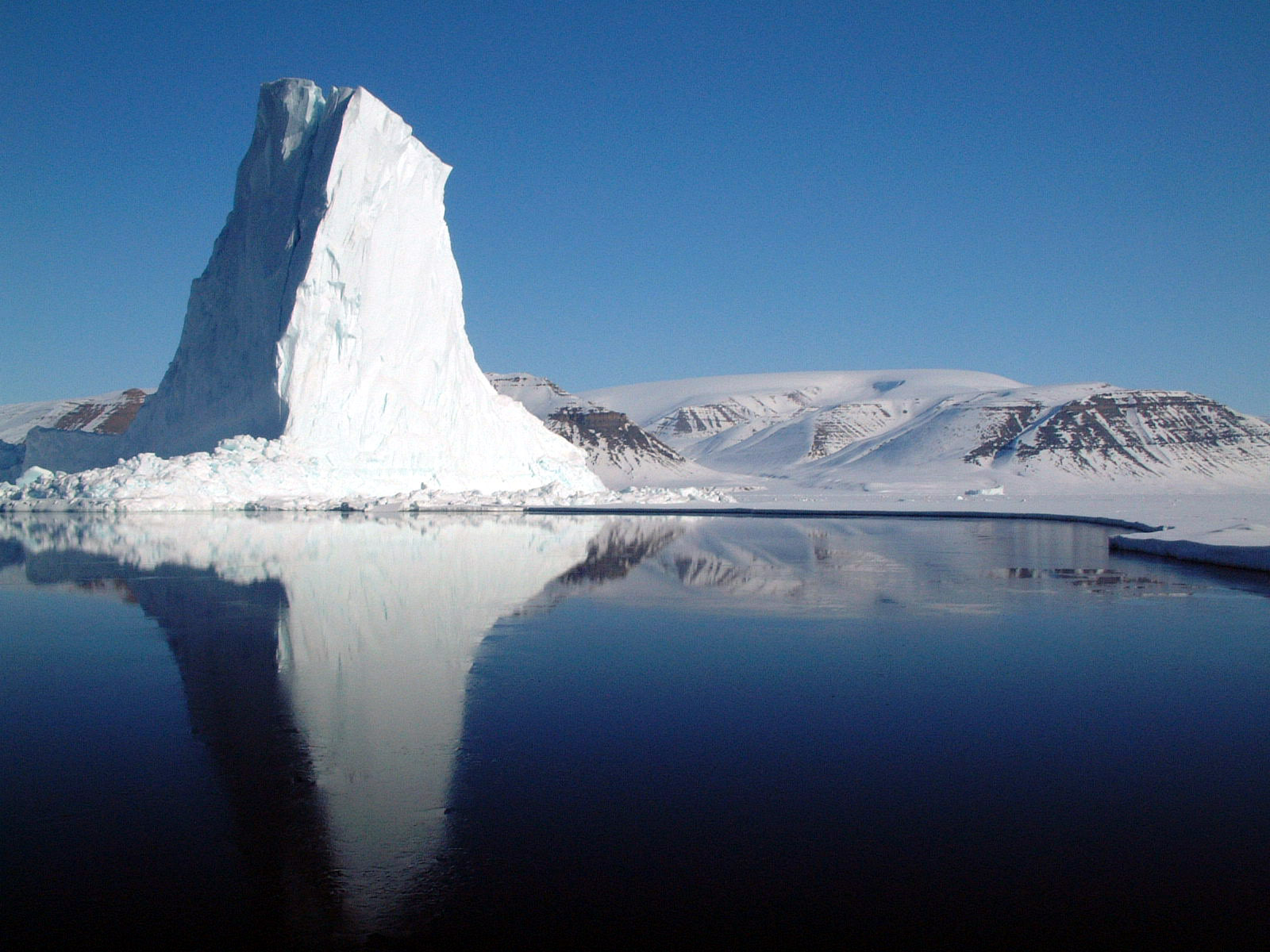Energy
Gov Scott Declares State Of Emergency As Alberto Barrels Toward The Gulf Coast

GREENLAND -- An iceberg at the edge of the Baffin Bay's sea ice is just one of the many sights three Airmen from Thule Air Base, Greenland, witnessed recently during a six-day dog-sledding expedition. (U.S. Air Force photo by Tech. Sgt. Dan Rea) | Circa May 2004
Florida Gov. Rick Scott declared a state of emergency in Florida Saturday as Subtropical Storm Alberto bears down on the Gulf of Mexico.
Alberto is expected to strengthen throughout the weekend, according to the National Hurricane Center. The first named storm of the hurricane season will bring heavy rains and possible floods to much of Florida, along with other states in the area.
“Do not think that only areas in the cone will be impacted — everyone in our state must be prepared,” Scott said in a press statement ahead of the announcement. Florida and Cuba are expected to receive 10 and 15 inches of rain, respectively.
Alberto appears to have decided to get an early jump on hurricane season, which doesn’t officially start until June 1. Alberto became a subtropical storm Friday but could become a full tropical storm once it plows north through the warm waters of the Gulf.
Authorities urged Floridians to take the storm seriously during a weather briefing Saturday at the state emergency operations. It’s too early in the season to know what Alberto is capable of doing.
“The only thing that we know about Alberto so far is that we don’t really yet know Alberto,” said Wes Maul, the state’s emergency management director. “The timing is uncertain, the impacts are uncertain, the intensity is uncertain… The entire state is going to see impacts regardless.”
Scott issued similar warnings in 2017 when Hurricane Irma smashed head-first into the state. Irma carved a path of destruction through the Caribbean islands and parts of Cuba without stopping or even slowing down. Scott and others are preparing for the worst.
Hurricanes generally require warm water, no land barriers, and specific pressure systems to maintain their integrity. The fact that Irma sustained the bulk of its mass while rolling through the Caribbean islands and parts of Cuba is stark reminder of what the Gulf’s warm waters can do to a storm.
Irma continued to clobber Cuba while sustaining winds gusts up to 125 mph, down from a high of 185 miles per hour at its peak. Forecasters expected the 90 degree temperatures in between Cuba and Florida to re-strengthen the hurricane, the National Hurricane Center said at the time.
Follow Chris White on Facebook and Twitter
All content created by the Daily Caller News Foundation, an independent and nonpartisan newswire service, is available without charge to any legitimate news publisher that can provide a large audience. All republished articles must include our logo, our reporter’s byline and their DCNF affiliation. For any questions about our guidelines or partnering with us, please contact [email protected].

